Automotive batteries are changing and Lithium Iron Phosphate (LiFePO4) Lead-acid replacements are leading this change. Where this technology poses a legitimate change to a norm that has existed for decades, and you could make such an argument regarding the antiquated lead-acid car batteries of yesteryear. LiFePO4 offers significant advantages that render it a serious premium alternative: In this article, we will show some of the main differences between using LiFePO4 batteries instead of a traditional car battery and explain why you should have one.
What are LiFePO4 Batteries
LiFePO4 batteries or Li(metal) cells use a type of lithium-ion battery chemistry that employs Lithium Iron Phosphate (LiFePO4) as cathode material. This features them with great safety, cycle life, and thermal stability. This makes them ideal for many applications, particularly automotive.
Benefits of LiFePO4 Batteries
- Longer Lifespan
Out of the many benefits one can get from using LiFePO4 batteries is their long life, which typically goes far beyond that provided by regular lead-acid car batteries.
Cycle Life: LiFePO4 batteries last longer with 2000 to 5000 charge cycles than traditional lead-acid batteries from only 300-500 cycles. This translates into a life span of up to 10 times more for LiFePO4 batteries.
The upfront cost of a LiFePO4 battery is much higher compared to other batteries but in the long run, you could save more money as it last longer before needing any replacement.
- Enhanced Safety
Safety is an extremely important function in automotive and this is one area that lithium iron phosphate batteries can boast of being the best!
LiFePO4 batteries offer some real advantages compared with alternatives, the main one being a much higher thermal stability - meaning that they are at far less of risk for overheating or runaway and therefore also fires/explosions.
In the long run, better quality control reduces leakage and risk in over-discharge/over-charge situations (compared with LTC/LTO)Conclusion: it would be a fair choice to make LiFePO4 battery large-scale production given stability problems.
Protection built into the battery: Some LiFePO4 batteries come with a Battery Management System (BMS) that is designed to prevent overcharging, over-discharge, and short circuits.
- Higher Efficiency
In the challenge of energy storage and usage, LiFePO4 batteries have a great edge in efficiency against lead-acid batteries.
LiFePO4 batteries have less energy density than other lithium-ion batteries, but they are still much cleaner (can discharge many more deep cycles), and the most important is that lead-acid also only can use half of its capacity.
Fast Charging: LiFePO4 batteries support quick charging and discharging rates without damage to the battery and are thus great for high-energy applications with intermittent changes.
- Lightweight
Weight savings are an important factor in cars, and LiFePO4 batteries provide a huge advantage for this reason.
Weight: LiFePO4 batteries vs lead-acid batteryLiFePo4 BatteriesLifeCOOTle Energy Storage The weight saving could increase vehicle performance and also make it more fuel efficient.
Lighter weight: The lighter nature of a LiFePO4 battery makes it easier to handle and install.
- Performance increases when performing in harsh conditions
Being able to operate in a wide temperature range, LiFePO4 batteries are more dependable when used under different weather conditions.
Temperature: These batteries have temperature range tolerance and can work from -20°C to 60°C (-4°F,140°F) without too much degradation.
No Cold Weather Degradation: Lead-acid batteries can suffer a reduction in current flow when the temperature nears freezing, something LiFePO4 units shrug off to ensure surefire starts.
- Environmental Impact
The LiFePO4 batteries have better help for the environment as compared to lead-acid.
LiFePO4 batteries are a highly-sustainable alternative since they do not contain toxic heavy metals such as lead and unlike their neighbors, Therefore reduce the impact on consumer electronics from different lithium-ion resource ecosystems that have environmental pollution.
Recyclable: The ability to recycle these batteries and the environmental hazards that they cause after their use have become a greater concern for them during their lifecycle.
Short Distance Supply Chain: It has a longer lifespan and higher efficiency leading to a lower carbon footprint on the whole.
Automotive practical applications of LiFePO4 batteries
- Electric Vehicles (EVs)
Because of their improved safety, efficiency, and long life compared to other battery types, LiFePO4 batteries are being used in a growing number of electric vehicles.
Efficiency and performance: They offer fairly consistent power delivery, as well as a long life cycle which should make them perfect for EVs to boost vehicle range and overall lifespan.
Quick Charging: Quicker Charging time means less time sitting idle between drives.
- Hybrid Vehicles
LiFePO4 batteries can be fast charged and released, which is especially beneficial to hybrid cars.
Storage: LiFePO4 batteries hold energy well from regenerative braking and the engine
Lighter weight: With lighter LiFePO4 batteries, hybrids gain improved efficiency and performance overall.
- Start-Stop Systems
It is known to deliver a high C-rate that can help make start-stop systems better suited for modern vehicles, which automatically turn off the engine at stops to save fuel.
LiFePO4 batteries have a long cycle life are less sensitive to charging characteristics and are also characterized by sulfensation stability. Suitable for frequent starts [].
Mastering: They deliver fully reliable performance in cold climatic conditions hence making it easier for you to start your vehicle.
Charging Principles for LiFePO4 Batteries
To optimize the benefits of LiFePO4 batteries, proper maintenance, and care are a must.
- Regular Inspection
Slide 4 - Visual Checks: Regularly examine the battery for damage or wear.
Check Connection - Make sure all connections are clean and tight to prevent resistance and/or heat from building up.
- Proper Charging
Charger: Always use a LiFePO4 charger for safe and efficient charging.
- I) Overcharge: Keep an eye on the charging to avoid overcharging your battery, this can lead to less lifespan.
- Temperature Management
Operate Temperature: Within the use range of operating temperature, avoiding over-temperature damage & getting low capacity, and shortening life.
Storage: Keep at a cool, dry place when not in use for extended periods.
- Regular Use
Utilize the battery regularly and prevent nearly complete discharges to get it working longer.
Balanced Charging: Balance all cells within the battery pack to prevent an individual cell from either being overarms or discharging.
LiFePO4 Vs Lead Acid Batteries Comparison
However, side by side set this up and you see very quickly the advantage of LiFePO4 batteries vs. conventional lead-acid batteries.
Lifespan
LiFePO4: Allows 2000 to 5000 discharge/charge cycles.
Lead-Acid: 300 to 500 cycles.
Safety
LiFePO4 has good performance in thermal and chemical stabilities, with BMS.
Lead Acid - May leak and lower thermal stability, no protection built-in.
Efficiency
LiFePO4: High energy density, fast charge.
Lead-Acid: Low in energy density, takes forever to charge.
Weight
LiFePO4: lighter, more comfortable to carry
Lead-Acid: Heavier, clunkier.
Operating in harsh conditions
LiFePO4: LiPHOBO3 at wide temperature military performance in the same period
Lead-Acid: Suffers heavily in cold weather-backed by an alarmingly low value for EkW.
Environmental Impact
LiFePO4: Green, non-toxic, easy to recycle.
Lead Acid: Toxic, recycled unfriendly, and hazardous.
Summary
Compared with conventional lead-acid car batteries, LiFePO4 batteries not only last longer and are safer to use but also have higher efficiency rates, lighter weight advantages as well as better performance in subzero weather or after a long sit without charging. This combination of benefits ensures the LiFePO4 batteries are great for different kinds of automotive applications such as electric and hybrid vehicles through to modern cars with start-stop systems. Follow these few key benefits and maintenance guidelines to allow your LiFePO4 batteries surplus service life, thus securing the energy source for any of its instances in operation. LiFePO4 batteries will likely be successful in asserting a new yardstick on automotive energy storage, as technology continues to advance.

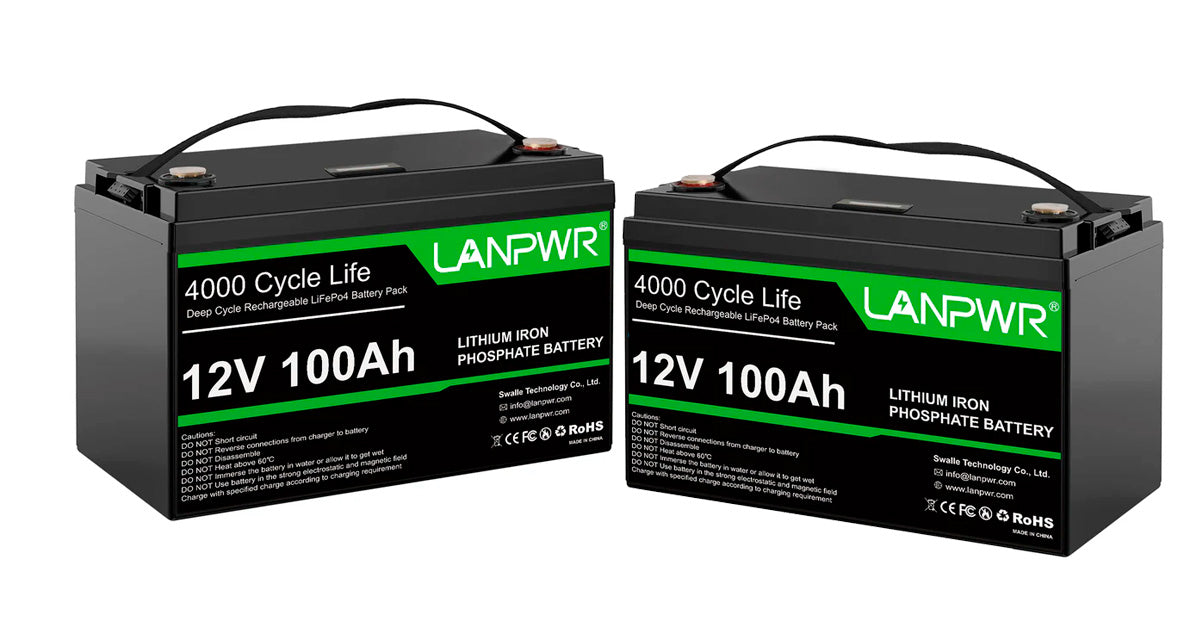

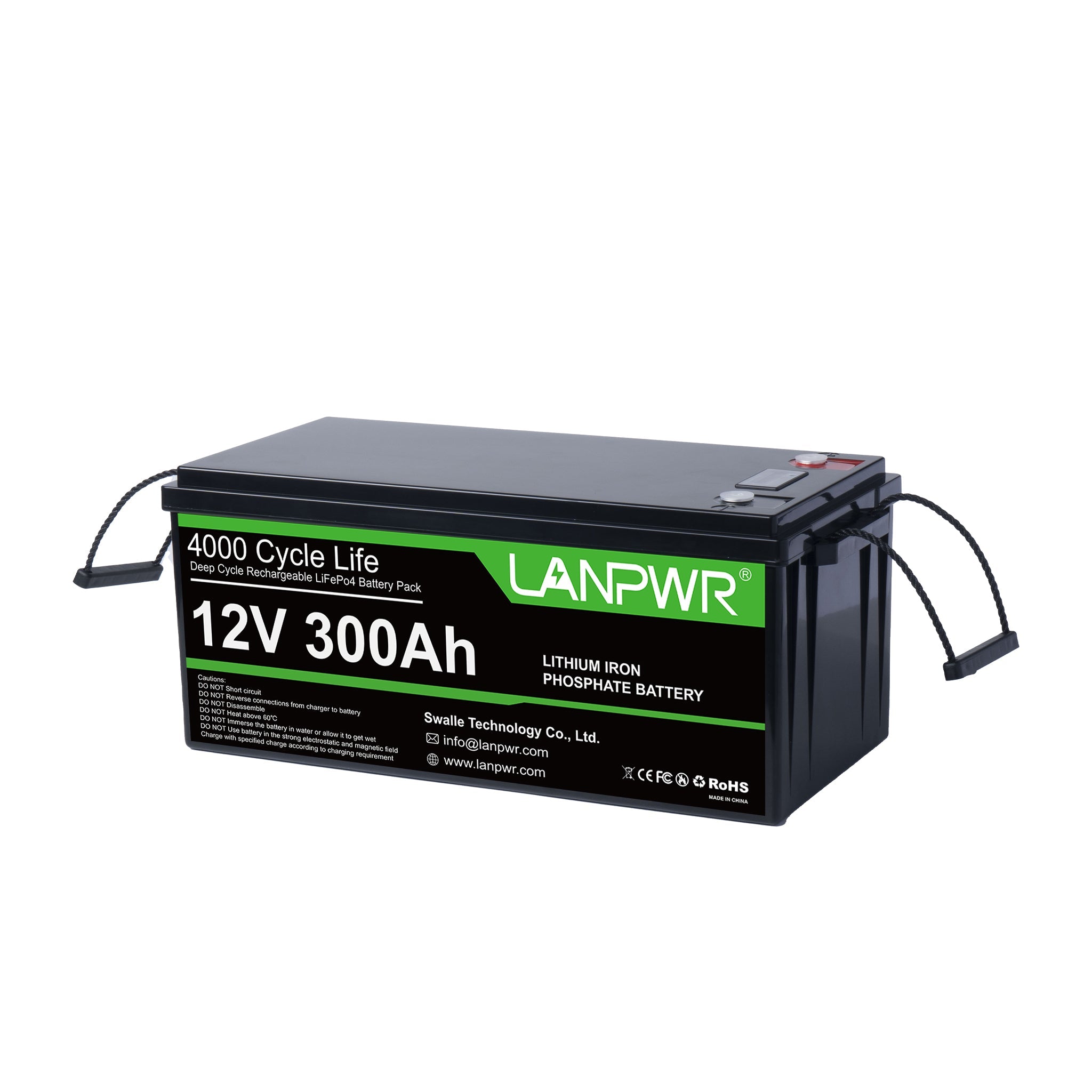


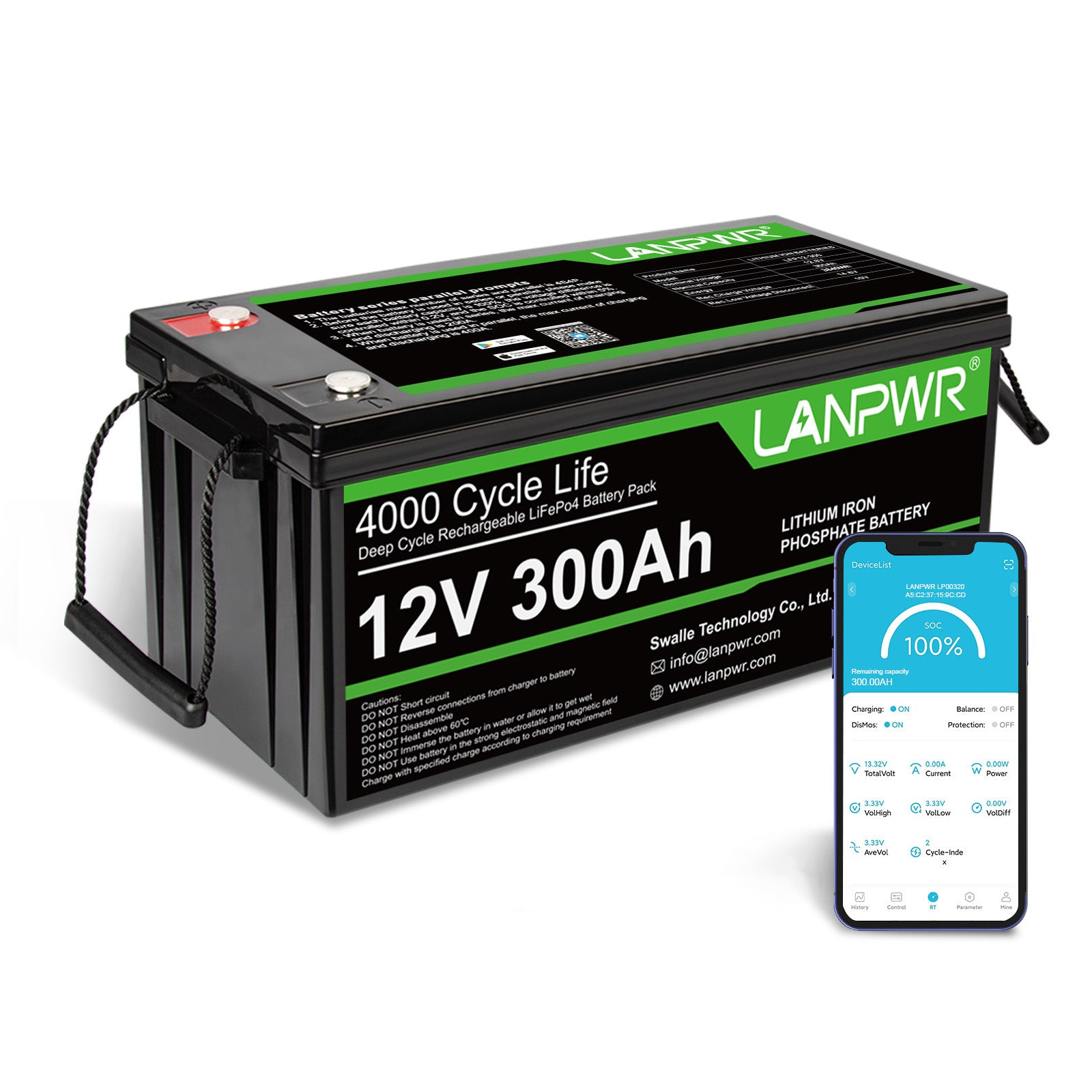
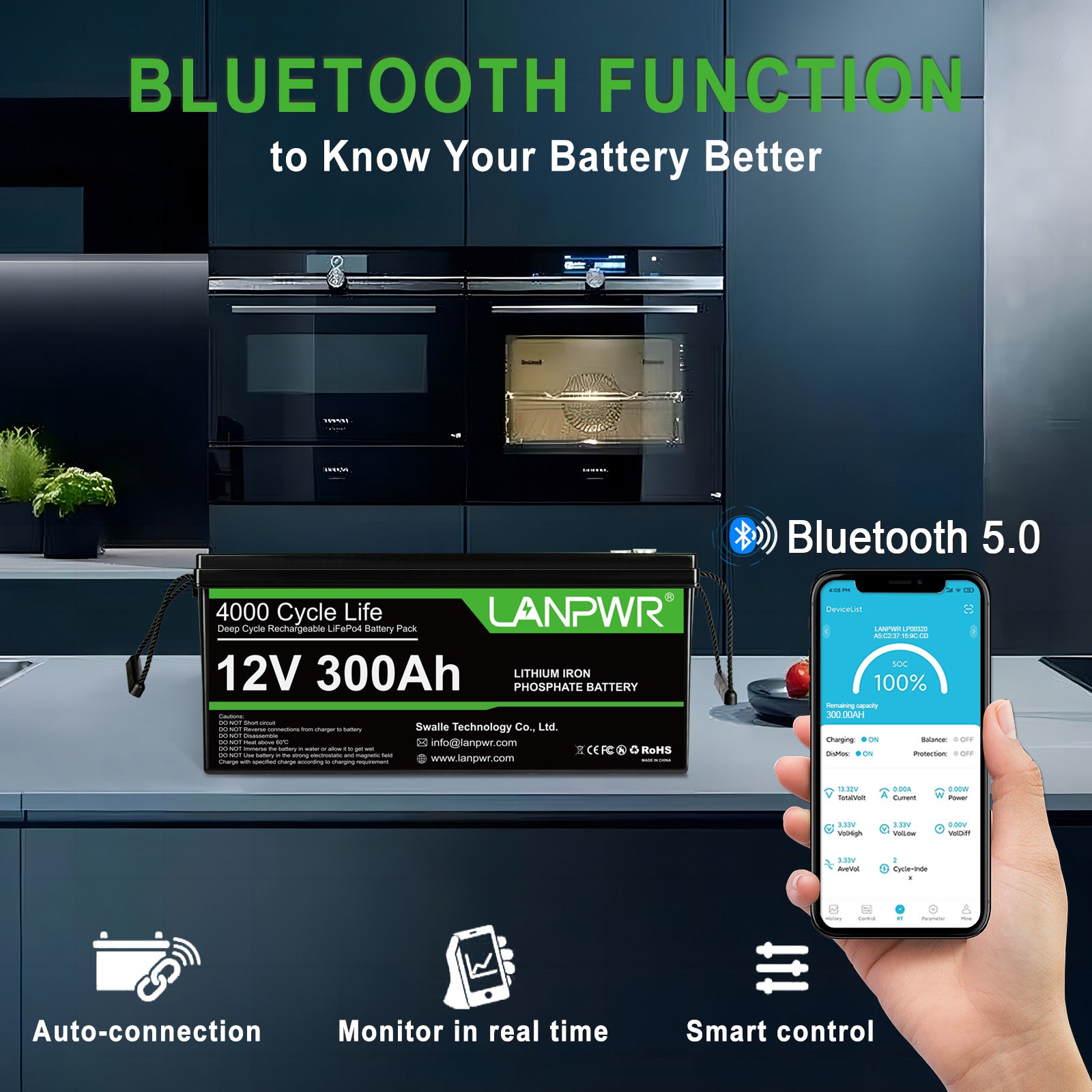
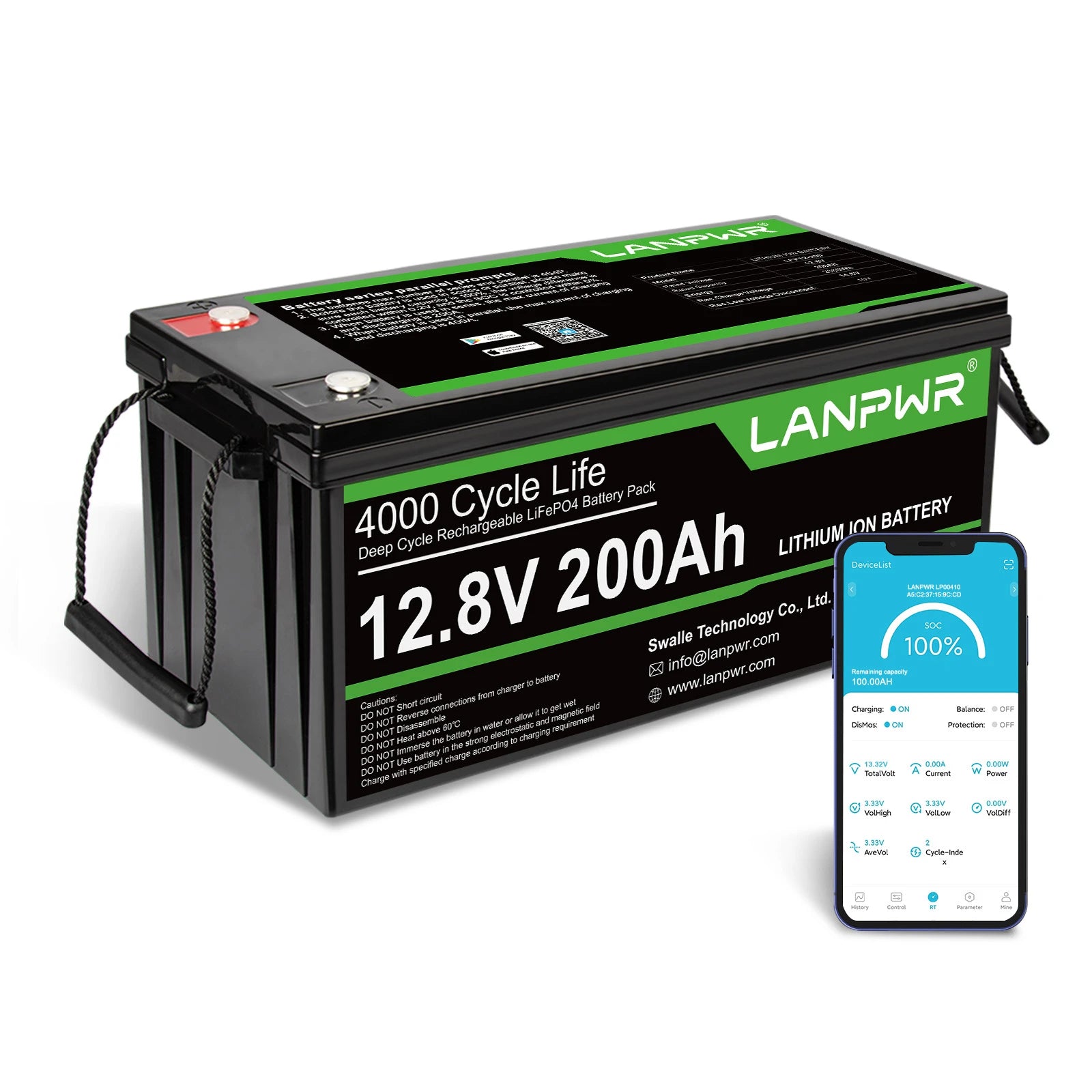
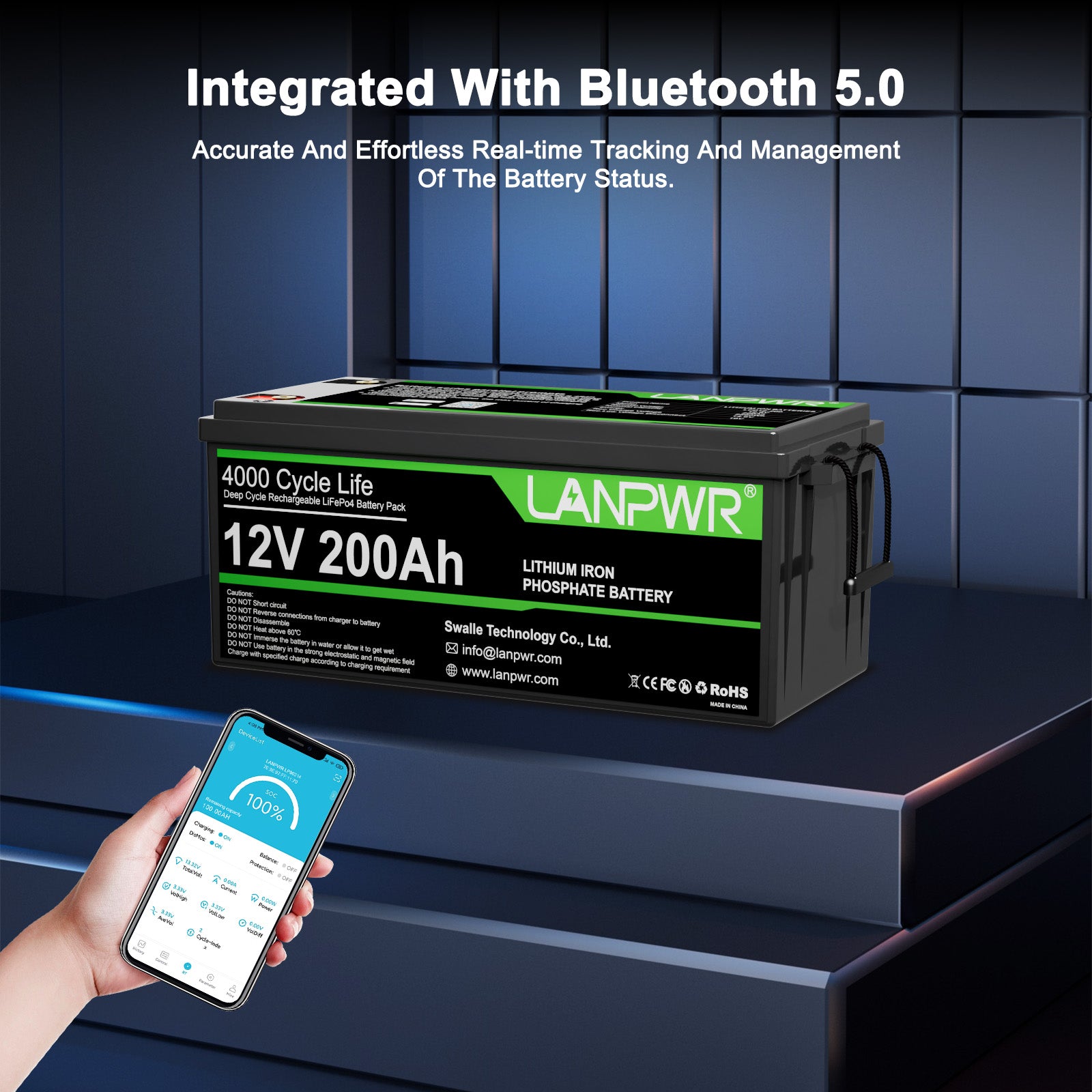
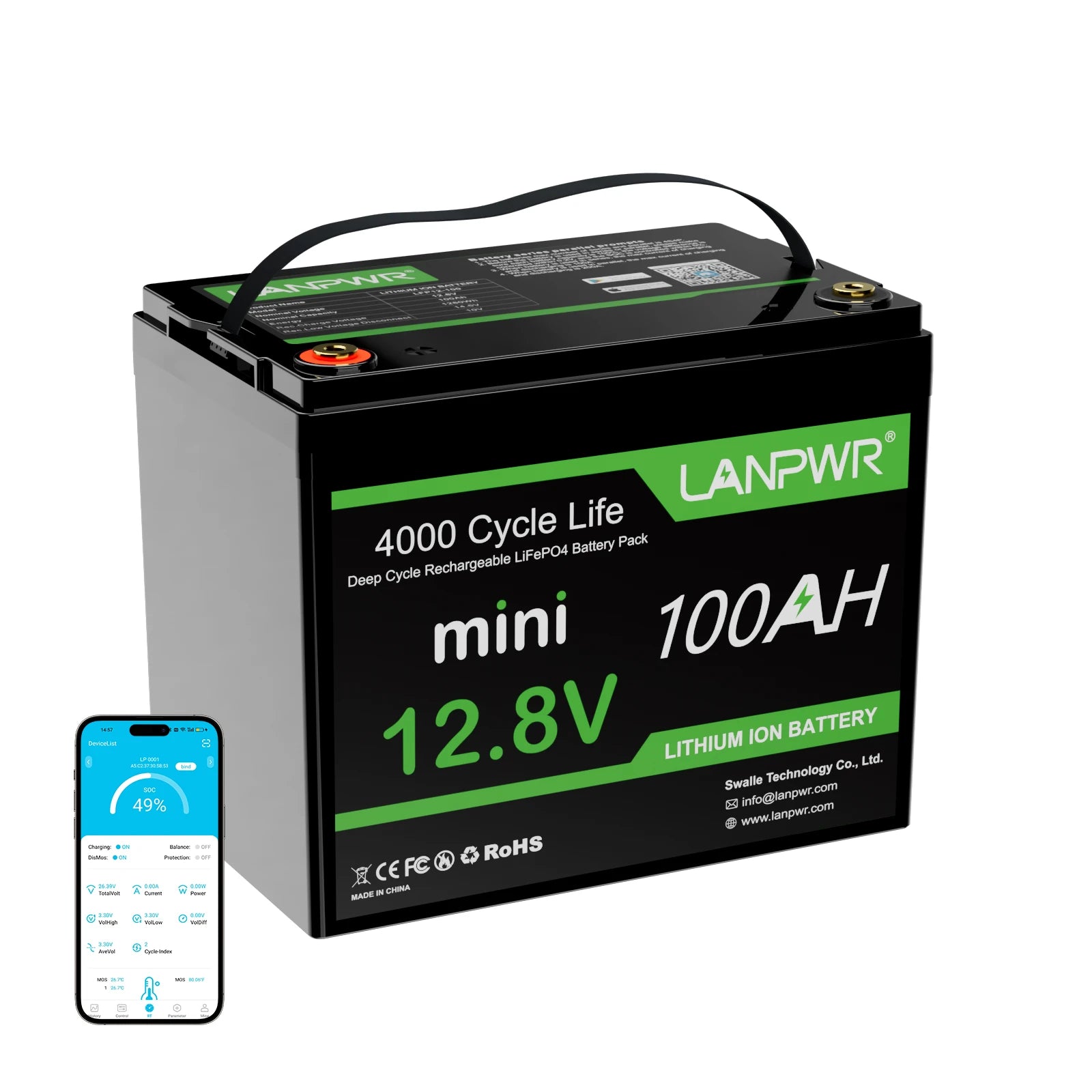

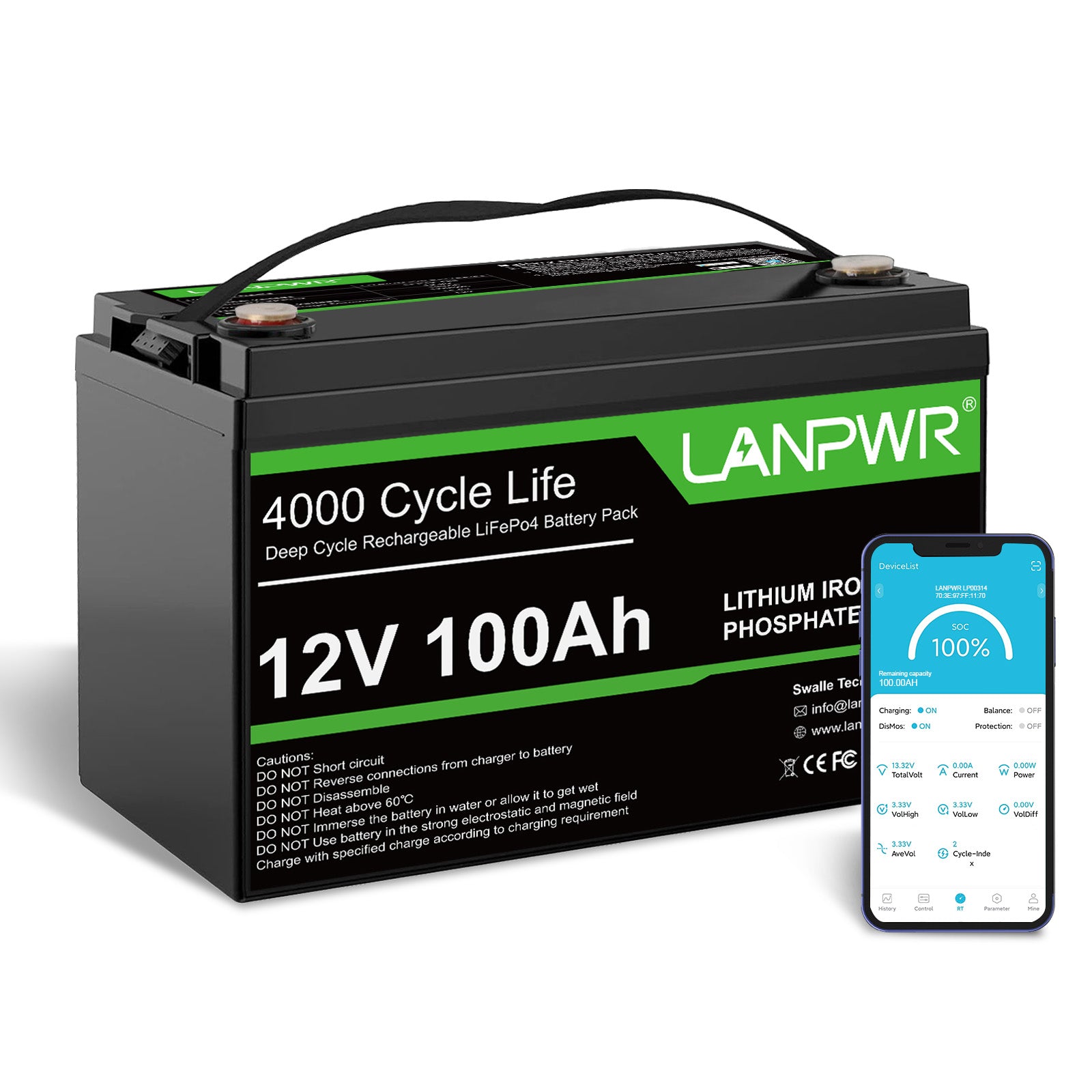

Leave a comment
This site is protected by hCaptcha and the hCaptcha Privacy Policy and Terms of Service apply.